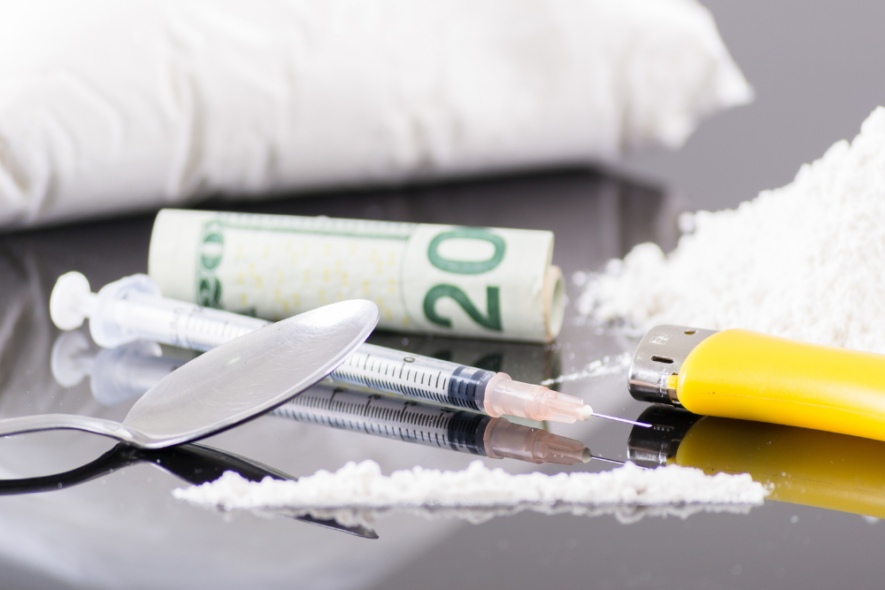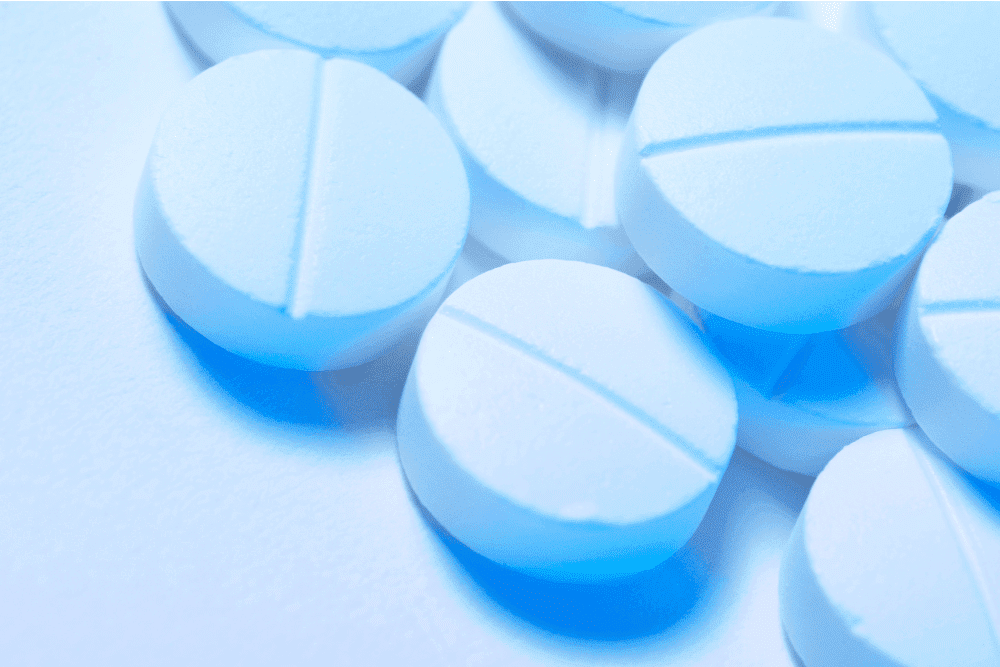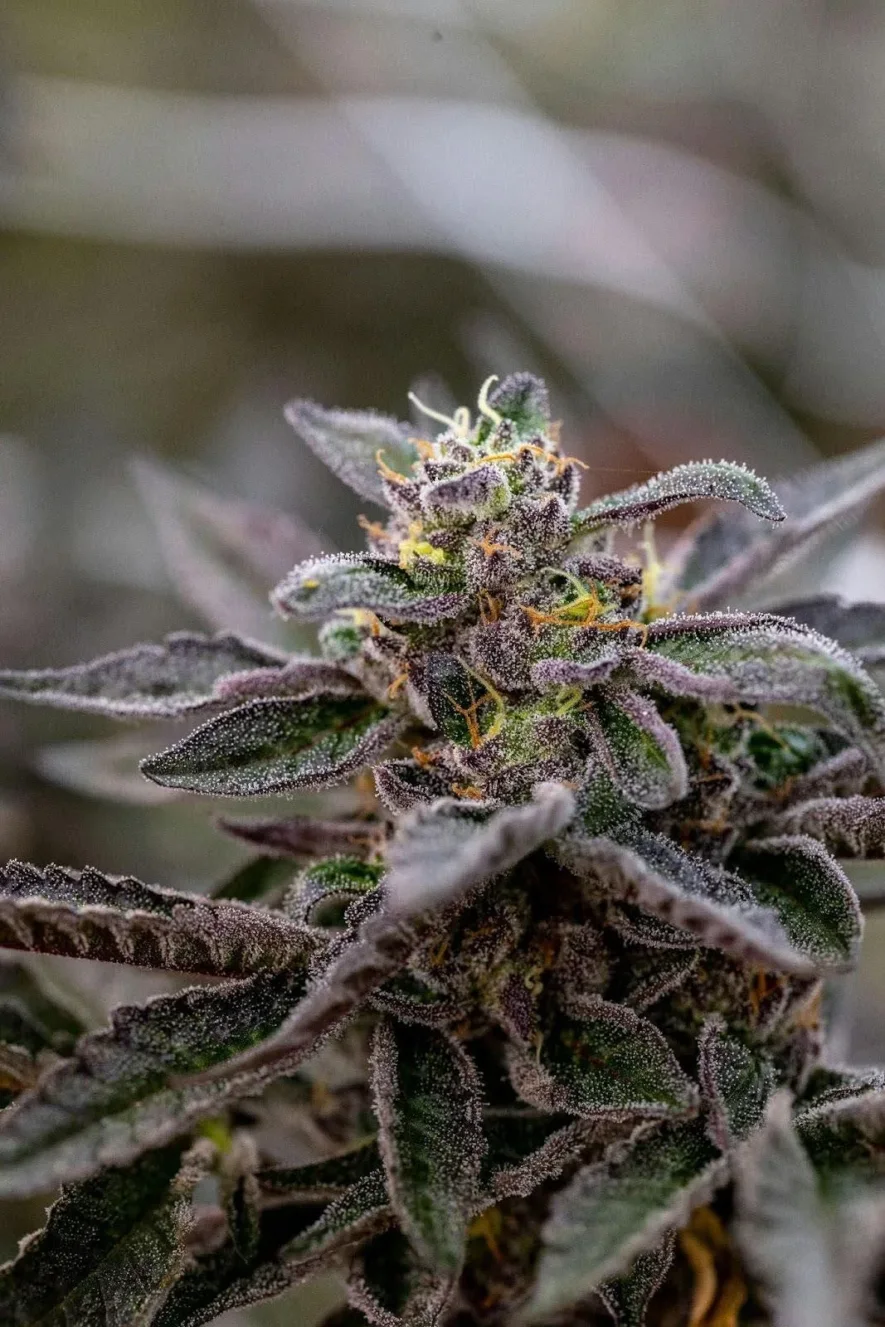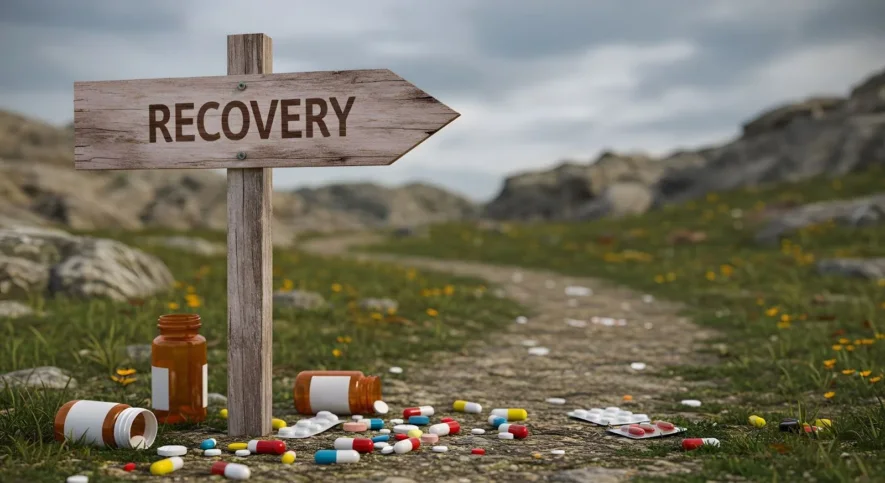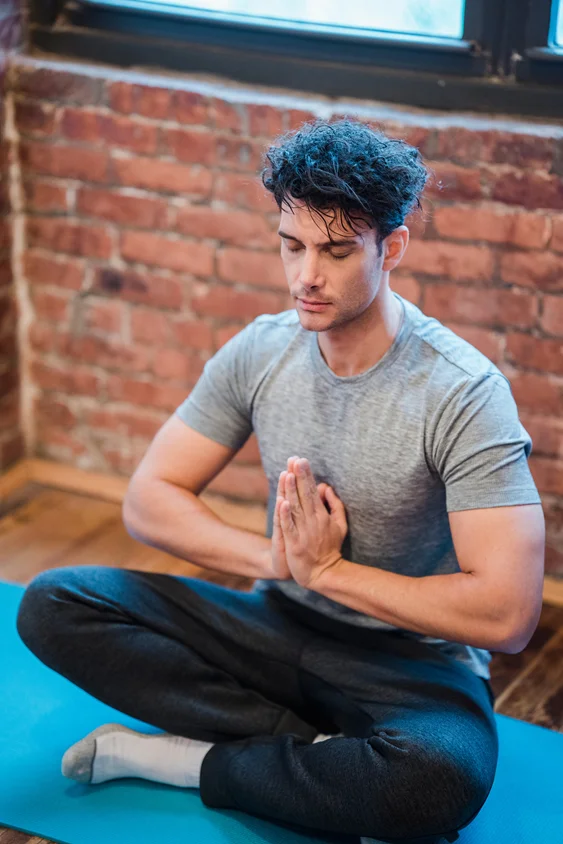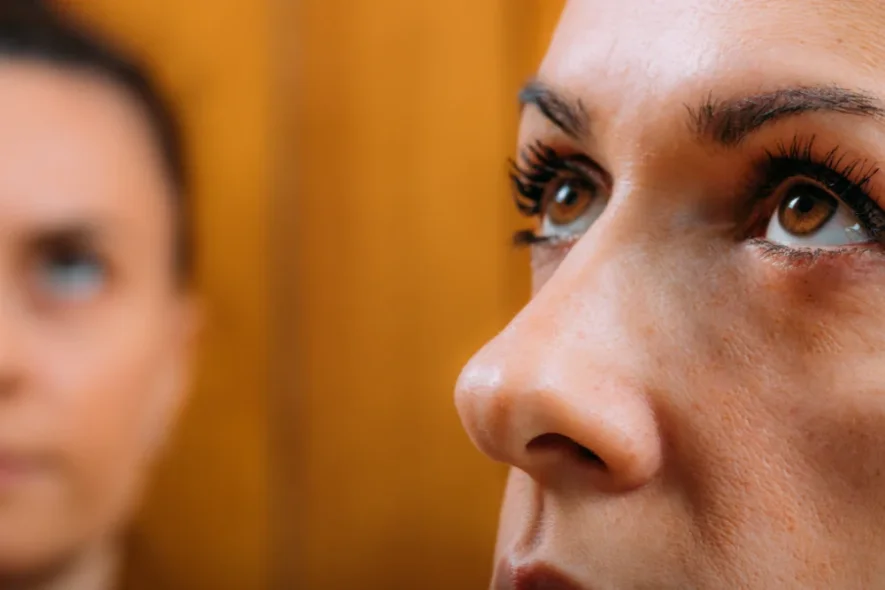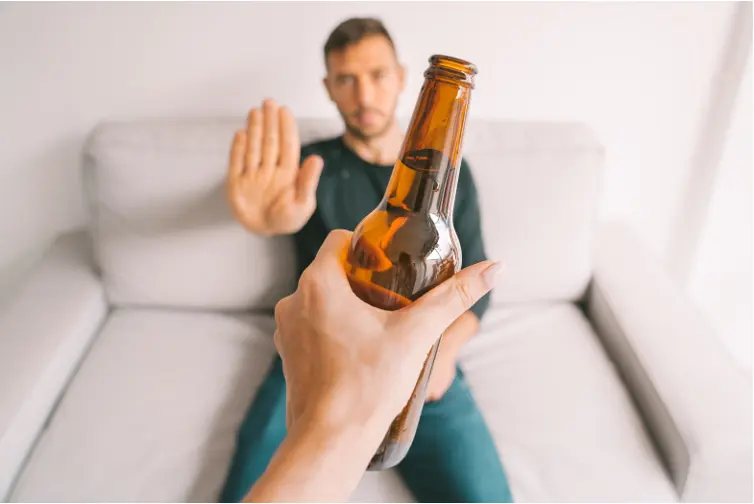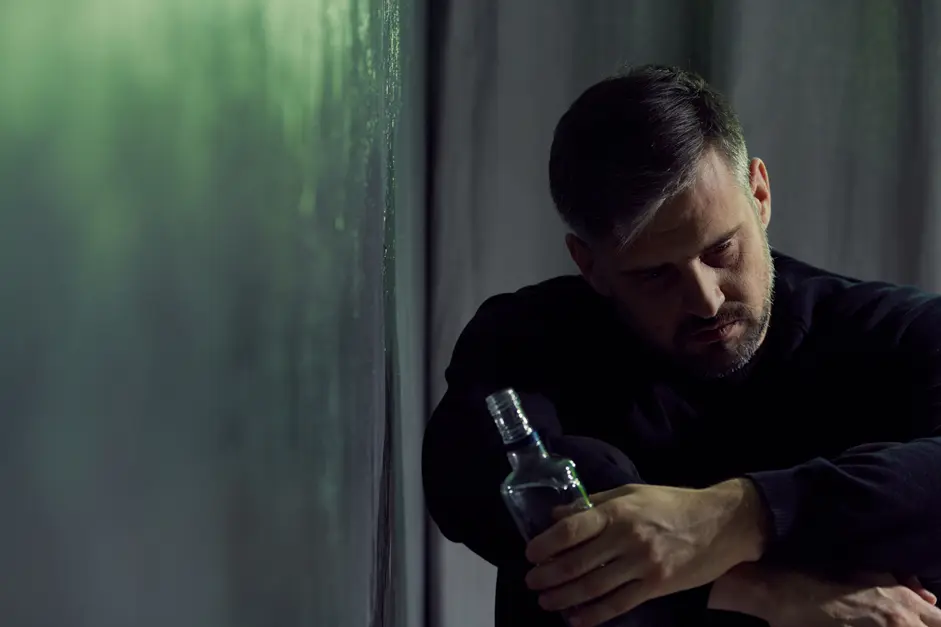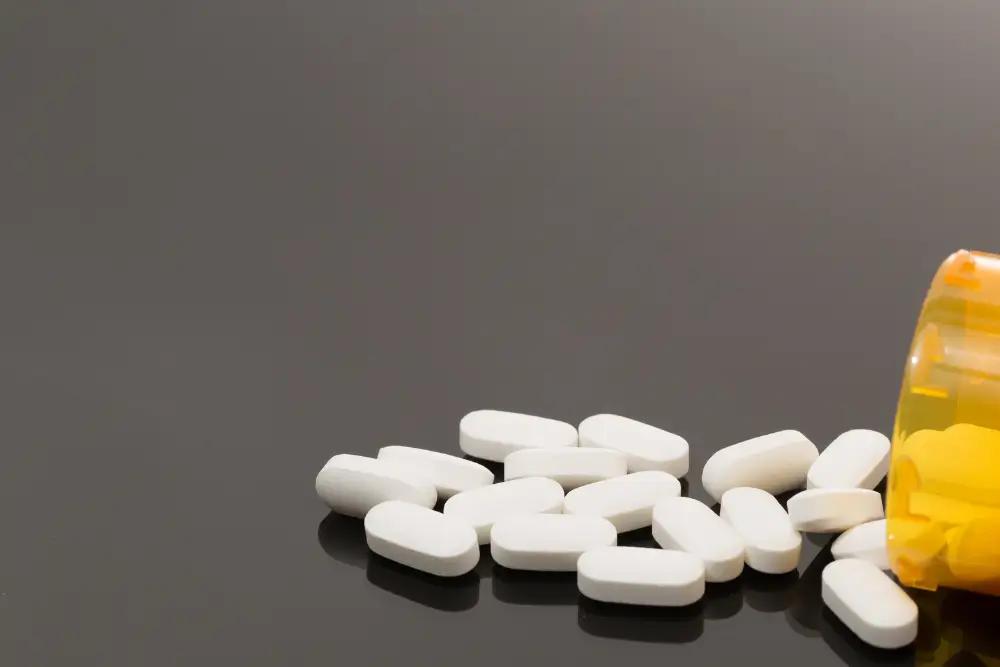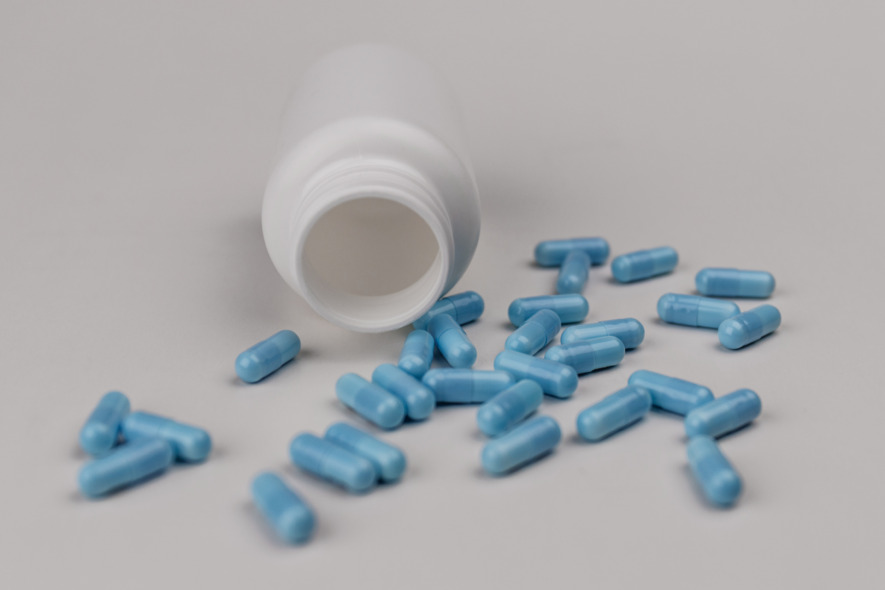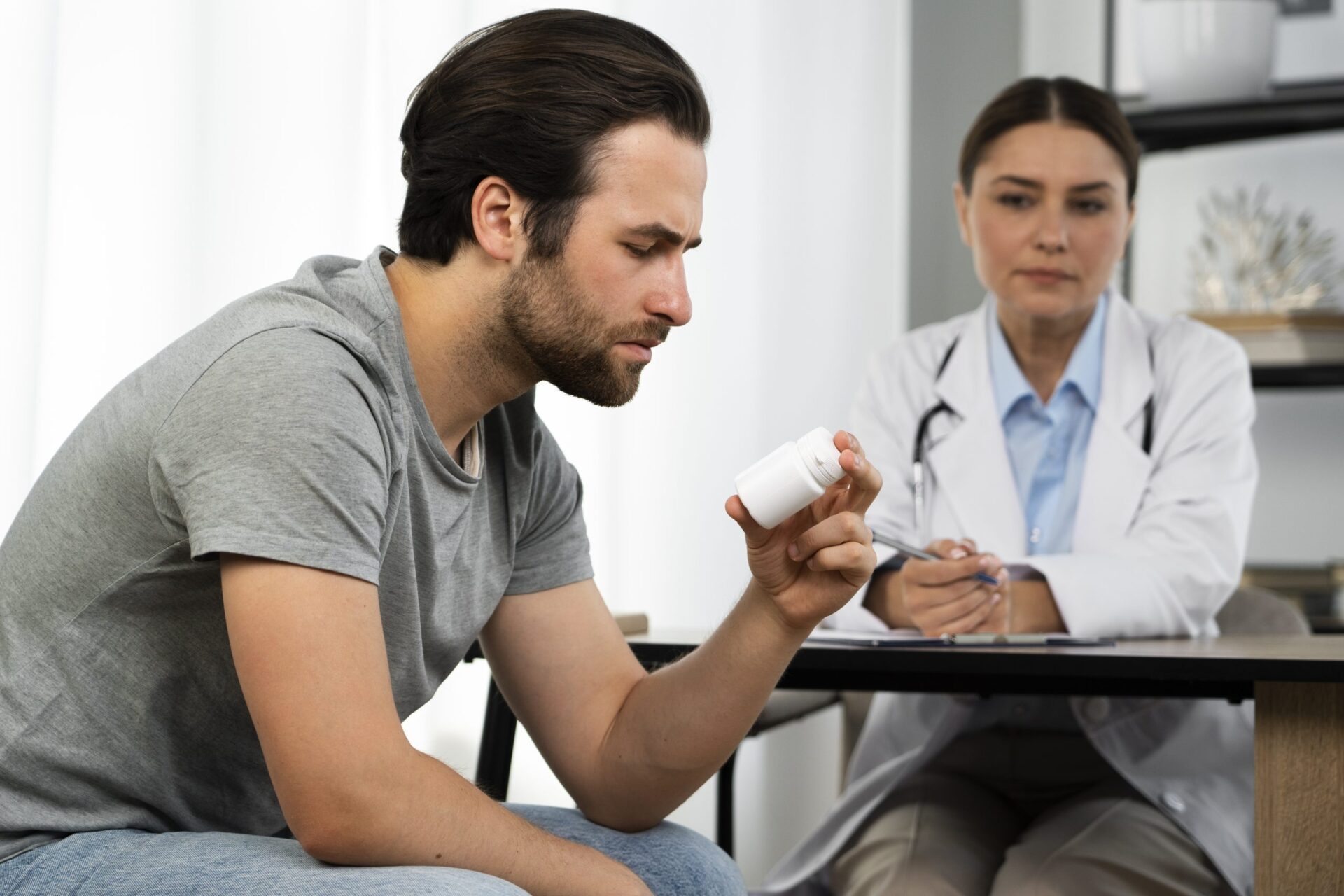Most people want to manage the journey of addiction alone, driven by a wish for privacy or a feeling of personal strength. But what is the best way forward? At Wellbrook Recovery, we address these concerns and are committed to helping individuals find a safe and effective path to sobriety.
Table of Contents
Key Takeaways: Can You Quit Drugs Without Rehab?
- Recognizing the impact of substance use on your life and relationships is the first step toward lasting recovery. Personal honesty is the foundation for change.
- Attempting to quit without support can lead to relapse, overwhelming cravings, or unmanaged withdrawal symptoms. Professional guidance provides safety and structure.
- Family, friends, or peer support groups such as AA and NA can provide accountability, encouragement, and shared experience to strengthen recovery efforts.
- Fear, shame, stigma, cost, and accessibility often prevent people from seeking rehab. Awareness of these obstacles help families provide support.
- Seeking help from trained addiction specialists significantly improves outcomes and reduces the risks associated with withdrawal and relapse.
Can Addicts Recover on Their Own?
For many, the hardest part of recovery is taking the first step. It’s the moment a person recognizes that their relationship with drugs or alcohol has real consequences, missed work, financial problems, strained relationships, or blackouts. It’s when you see the impact on yourself and others and acknowledge the need for change. While some wonder if recovery is possible alone, admitting the problem is the essential first step toward lasting sobriety.
Once you’ve acknowledged the issue, the next step is to understand that you don’t have to face it alone. Attempting to manage addiction in isolation can be overwhelming and often leads back to substance use. A support system can come in many forms, from confiding in a trusted family member or a friend to seeking out support groups. While there are no true alternatives to rehab, groups like Narcotics Anonymous (NA) or Alcoholics Anonymous (AA) provide a community of peers who understand the struggles of addiction firsthand.
Reasons People Don’t Seek Professional Addiction Treatment
Addiction is a complex condition that changes how the brain works, particularly in areas related to motivation, pleasure, and decision-making. These changes can make it incredibly difficult for a person to think clearly about their situation or to believe that professional help is necessary or will even be effective. The compulsive need to use a substance can override a person’s logical thought process and intentions to get better.

Personal Factors Preventing Addiction Treatment
Many individuals don’t seek professional help due to internal, personal barriers. These are often rooted in a person’s thoughts and fears.
- Denial: A person may genuinely believe their use is under control and they don’t have a problem, despite mounting evidence to the contrary.
- Fear: There is a deep-seated fear of the unknown, of the withdrawal process, of failure, or of having to live a life without the substance. The idea of figuring out how to get off drugs on your own can feel less intimidating than a formal program.
- Shame and Guilt: Feelings of shame can prevent one from admitting they need help, fearing they will be judged or seen as weak by family and friends.
Social Barriers to Addiction Treatment
Social pressures and external relationships can also be significant barriers to seeking treatment.
- Stigma: The societal stigma associated with addiction can make an individual hesitant to admit their struggles publicly. This is especially true with substances like cocaine, where an individual might feel immense shame, leading them to consider whether quitting cocaine without rehab is a viable option.
- Lack of Support: In some cases, a person may not have supportive family or friends, or their social circle may even encourage substance use. The question of how to quit drinking without rehab might arise when a person’s entire social life revolves around alcohol.
Systemic Hurdles to Addiction Recovery
Beyond personal and social issues, the system itself can create obstacles that make seeking help feel impossible.
- Cost and Coverage: The high cost of treatment and a lack of adequate insurance coverage are major reasons people don’t get the help they need.
- Accessibility: For some, there are no treatment centers nearby, or waitlists are so long that they lose motivation.
- Lack of Trust: A history of negative experiences with the healthcare system or a distrust of institutions can make a person unwilling to engage in formal treatment.
Why Rehabilitation is Important to Addiction Recovery

Rehabilitation offers a comprehensive and structured approach to recovery, providing essential support in the following areas:
Safe Environment for Addiction Recovery
Rehabilitation provides a controlled setting free from the triggers and negative influences of a person’s everyday life. For an individual whose home or social circle is a source of temptation, this removal is critical. It allows them to focus entirely on their recovery without the constant pressure of old routines or the easy availability of substances.
Medical Support for Detox Stage of Recovery
The initial phase of sobriety, known as detox, can be dangerous and life-threatening depending on the substance used. A professional rehab offers 24/7 medical supervision detox to manage withdrawal symptoms safely and with as much comfort as possible. Trying to detox at home can lead to serious health complications or a quick relapse due to the severity of the symptoms.
Professional Therapy for Addiction Recovery
Addiction is rarely just physical dependence; it often stems from underlying psychological issues. An important benefit of rehab is access to licensed therapists who can help individuals understand and address these root causes. This is a crucial component that sets it apart from many alternatives to rehab.
- Cognitive Behavioral Therapy (CBT): Helps clients identify and change destructive thought patterns and behaviors.
- Dialectical Behavior Therapy (DBT): Focuses on emotional regulation and coping skills.
- Trauma-Informed Care: Addresses past traumas that may have contributed to substance use.
- Motivational Interviewing (MI): Encourages intrinsic motivation to change by exploring ambivalence and building commitment to recovery.
- Eye Movement Desensitization and Reprocessing (EMDR): Supports clients in safely processing trauma-related memories that may drive substance use.
- Acceptance and Commitment Therapy (ACT): Teaches mindfulness and values-based action, helping clients develop greater emotional flexibility.
- Mindfulness and Yoga: Promote calm, body awareness, and stress reduction, supporting both mental and physical recovery.
Benefits of Routine and Discipline in Rehab
Rehab centers provide a structured daily schedule, a stark contrast to the chaos often associated with active addiction. This routine helps individuals build new, healthy habits around sleep, meals, therapy sessions, and personal time. This newfound discipline is a fundamental skill for maintaining sobriety in the long term.
Creating a Post-Rehab Roadmap for Lasting Recovery
A successful rehab stay doesn’t end when a person walks out the door. Rehab provides a safe, structured environment that’s free from everyday triggers, like the people, places, and situations that often lead to substance use. In treatment, you’re shielded from those familiar temptations so you can focus fully on healing and rebuilding healthy habits. But once you leave rehab, learning to recognize and avoid triggers becomes essential to preventing relapse.
A crucial part of the rehab process is developing a detailed aftercare plan. This plan includes strategies for managing triggers, connecting with support groups, and a roadmap for continuing therapy. Without this, preventing relapse is difficult, as individuals lack a clear strategy for the challenges of re-entering daily life.
Family Involvement in the Recovery Process
Addiction affects the entire family unit. Many rehabilitation programs include family therapy and educational sessions to help loved ones understand the disease of addiction. This provides a safe space for families to heal, rebuild trust, and learn how to support their loved one without enabling them.
Holistic Addiction Treatments in Rehab
Rehab centers often treat the whole person, not just the addiction. They incorporate holistic therapies to promote physical, mental, and spiritual wellness. This comprehensive approach is a significant difference from attempting to learn how to get off drugs on your own or even quitting alcohol without rehab.
- Mind-Body Practices: Such as yoga, meditation, and mindfulness.
- Nutritional Support: Education on healthy eating to restore a body often depleted by substance use.
- Creative Therapies: Art or music therapy to help individuals express themselves and process emotions.
Take the Right Step Toward Lasting Sobriety
Understanding the complexities of addiction is the first step toward finding a path forward. While questions about how to quit drugs without rehab are valid, the safest and most effective way to achieve lasting sobriety is with professional guidance and support. You don’t have to navigate the dangers of withdrawal or the psychological complexities of addiction alone. Reaching out for help is a sign of strength and a commitment to a healthier, more fulfilling life.
The time to begin your journey is now, and our team is ready to help you take that first step. If you or your loved one is struggling with substance use, contact Wellbrook Recovery today.
Frequently Asked Questions on Quitting Addiction Without Rehab
Can I quit using drugs without going to rehab?
Quitting drugs without rehab is possible, but it is often risky. Many substances cause strong physical and psychological dependence, making withdrawal difficult and sometimes dangerous. Professional treatment provides medical supervision, therapy, and support systems that greatly increase the chances of long-term recovery. Without these resources, relapse rates are higher, and complications such as severe withdrawal symptoms, mental health crises, or overdose can occur.
Can you quit cocaine without rehab?
It is technically possible to stop using cocaine on your own, but cocaine withdrawal is primarily psychological, involving intense cravings, depression, and fatigue. Without structured support, these symptoms can make sustained sobriety extremely challenging. Rehab programs offer medical guidance, therapy, and coping strategies that significantly improve recovery outcomes, helping individuals manage cravings and rebuild healthy routines.
Can you quit drinking without rehab?
Quitting alcohol without rehab is particularly risky due to the potential for severe withdrawal symptoms, including seizures, delirium tremens, and life-threatening complications. Medical detox and professional support are strongly recommended, especially for heavy or long-term drinkers. Rehab programs provide supervision, treatment for underlying causes of addiction, and tools to maintain long-term sobriety safely.
If you’re committed to quitting on your own, here’s how to quit drinking without rehab:
- Set Your Goal – Decide whether to quit completely or cut down gradually.
- Remove Triggers – Clear alcohol from your home and avoid situations that encourage drinking.
- Build Support – Lean on friends, family, or support groups like AA or SMART Recovery.
- Stay Healthy – Eat well, hydrate, sleep, and find alternative activities to cope with cravings.
- Monitor Yourself – Watch for withdrawal symptoms and seek medical help if severe symptoms appear.
It’s important to reiterate that this can be dangerous and professional rehab programs are recommended.






